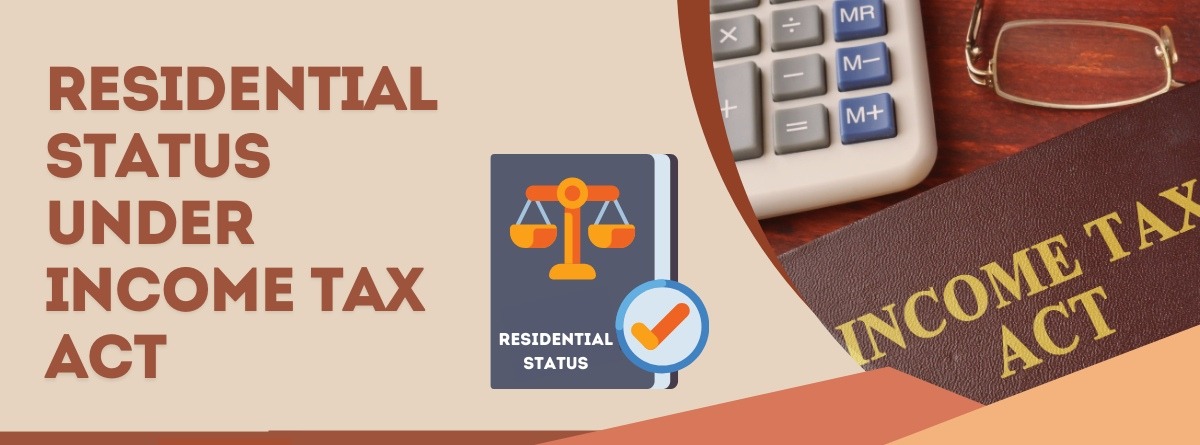P.A. Mohammed, J.@mdashThe Petitioner is a subscriber of the Telephone No. 69440 attached to Willington Island Exchange under the control of the 2nd Respondent, the General Manager, Telephones, Ernakulam. By Ext. P-1 bill, dated 11th April 1992 he was called upon to pay an amount of Rs. 14,391. However, he failed to remit the amount and therefore the telephone was disconnected on 26th May 1992. Subsequently the third Respondent issued Exts. P-2 and P-3 bills demanding Rs. 9,929 and Rs. 250 respectively. On 28th August 1992 the Petitioner had paid an amount of Rs. 24,570 which represents the amount demanded under Exts. P-1, P-2 and P-3. Subsequently, the 2nd Respondent issued Ext. P-5 demand notice directing him to pay a sum of Rs. 10,000 as security deposit and Rs. 100 as reconnection fee. Ext. P-5 demand notice is under challenge.
2. Heard the counsel for the Petitioner and the Central Government Standing Counsel for the Respondents.
3. The Ext. P-5 order has been apparently passed under Rule 445 of the Indian Telegraph Rules, 1951. The above rule is as follows:
445. Security for charges. - The Telegraph Authority may, at any time, before or during the period for which a telephone or other like service is provided require a subscriber to deposit as security such amount as it may consider necessary and if the subscriber fails to comply with such demand within such period as it may specify, the Telegraph Authority may withdraw the service and remove any telephone or other apparatus belonging to the Telegraph Authority. Where the security deposit is paid, any amount due from the subscriber by way of fee or other charges under these rules may be adjusted against the amount so deposited.
The counsel for the Petitioner submits that the above Rule is unconstitutional and hence invalid. The contention is, the said rule confers arbitrary power on the authority to demand security deposit. It is also pointed out that the aforesaid power can be exercised according to the sweet will and pleasure of the officer concerned. However it is apt to observe that the security deposit cannot be demanded as a matter of course. It can be demanded only when the authority considers it necessary in the circumstances of the case. This would indicate that a discretion has been conferred on the authority; but it is a sound and judicial discretion. That means the authority shall decide after analysing the facts of each case whether a demand shall be made for security deposit. Because a discretionary power is conferred on an authority, it cannot be characterised as an arbitrary power. Only in cases where such extreme step is warranted, the authority is empowered to invoke Rule 445 and demand the security deposit from a subscriber. Therefore it cannot be said that the above rule is violative of Article 14 of the Constitution.
4. Though the rule is valid the action taken by the authority under it can be challenged as arbitrary and unreasonable. Before demanding the security deposit the impugned rule does not contemplate issue of a notice to the subscriber intimating the proposal to demand security deposit. The issue of a notice would be a sufficient safeguard against any arbitrary action. That is a requirement in the observance of principles of natural justice. If such a notice issued, the subscriber will get an opportunity to object the proposal. Therefore before invoking the power demanding security deposit from a subscriber, the notice intimating the proposal shall be issued to the subscriber and his objection called for. That would be sufficient to meet the requirement of fair play and justice in administrative action.
5. In this case no notice has been issued to the subscriber before directing the Petitioner to furnish security deposit. On this score there is no dispute between the parties. In the absence of such notice Ext. P-5 demand notice cannot be sustained. In that view of the matter Ext. P-5 notice is quashed. However, if the 2nd Respondent proposes to demand security deposit from the Petitioner, a fresh notice shall be issued to him intimating the proposal and calling for his objections. In other words, the Petitioner shall be given a reasonable opportunity to state his case as against the proposal demanding security deposit. The Original Petition is allowed as above.

